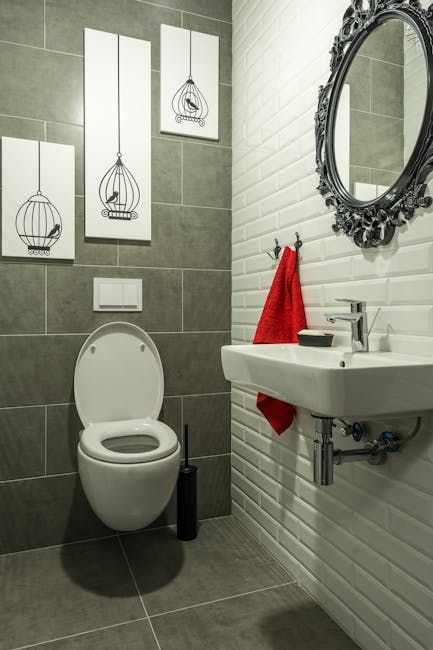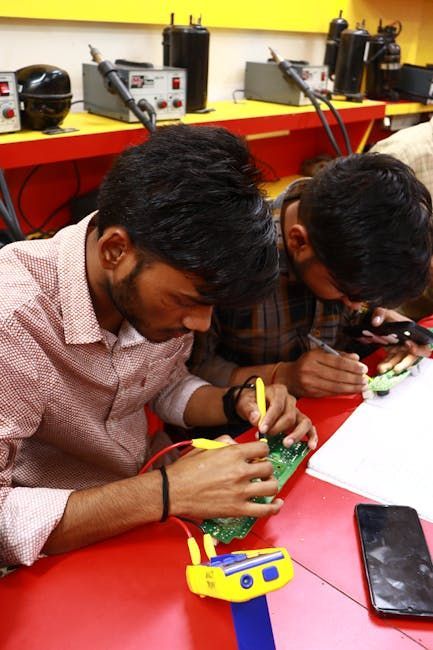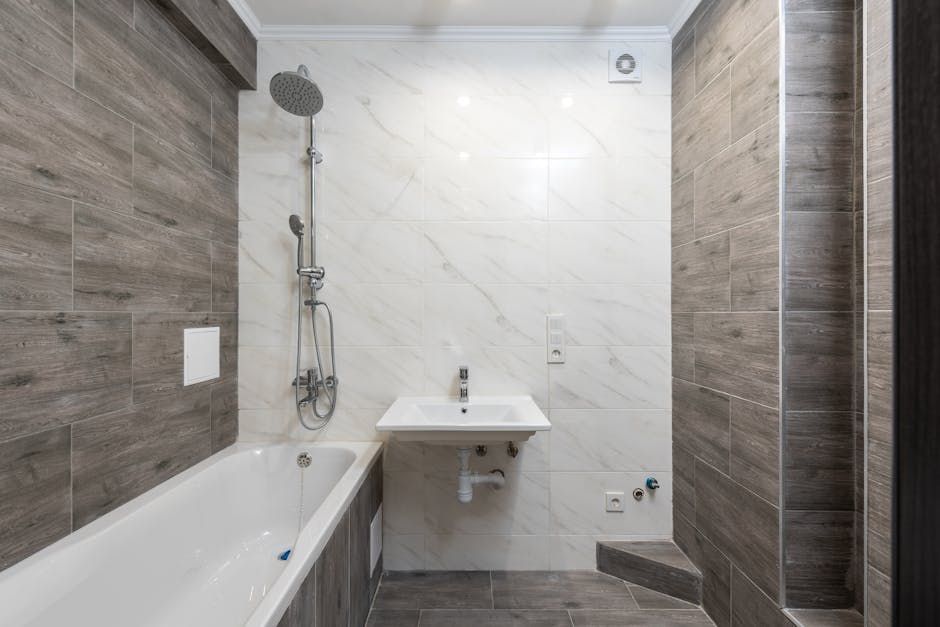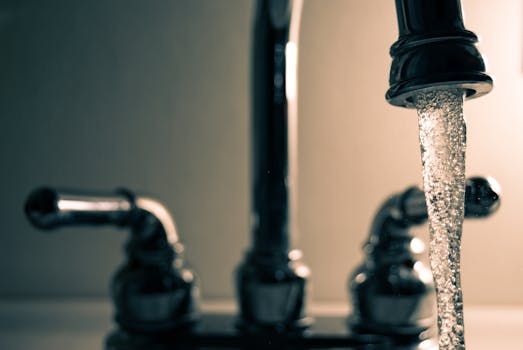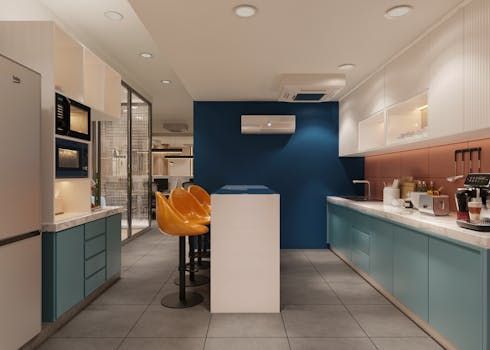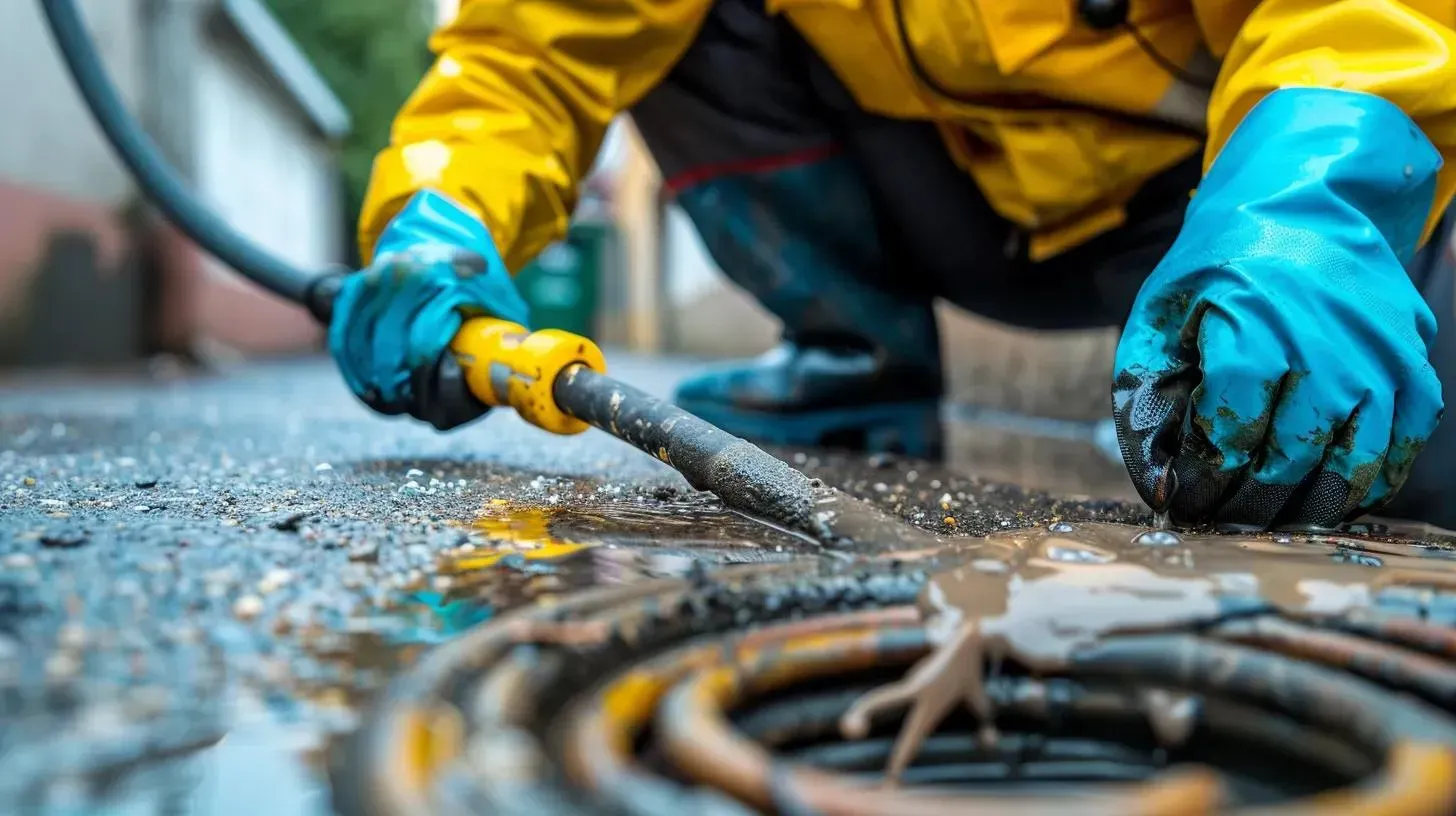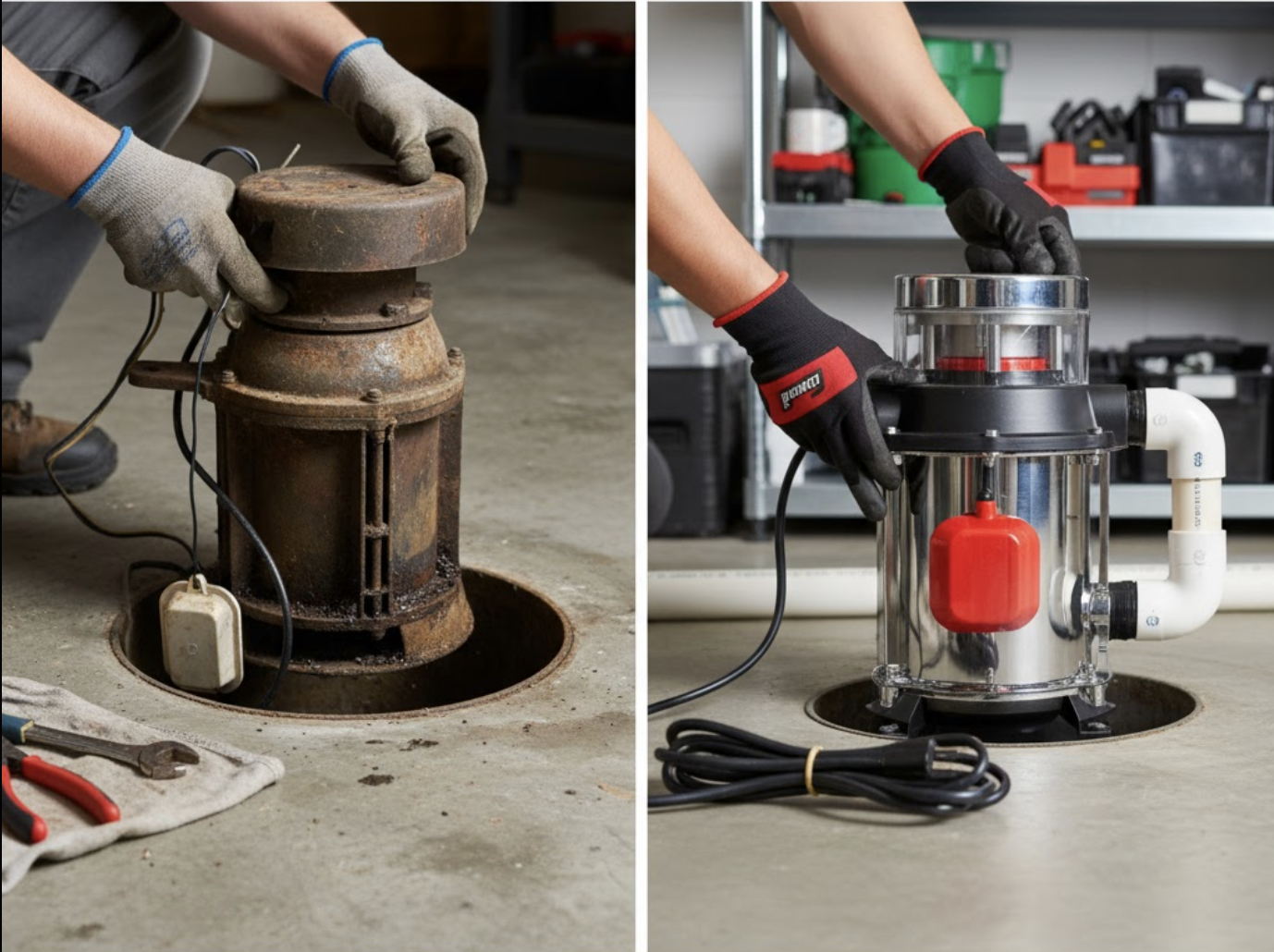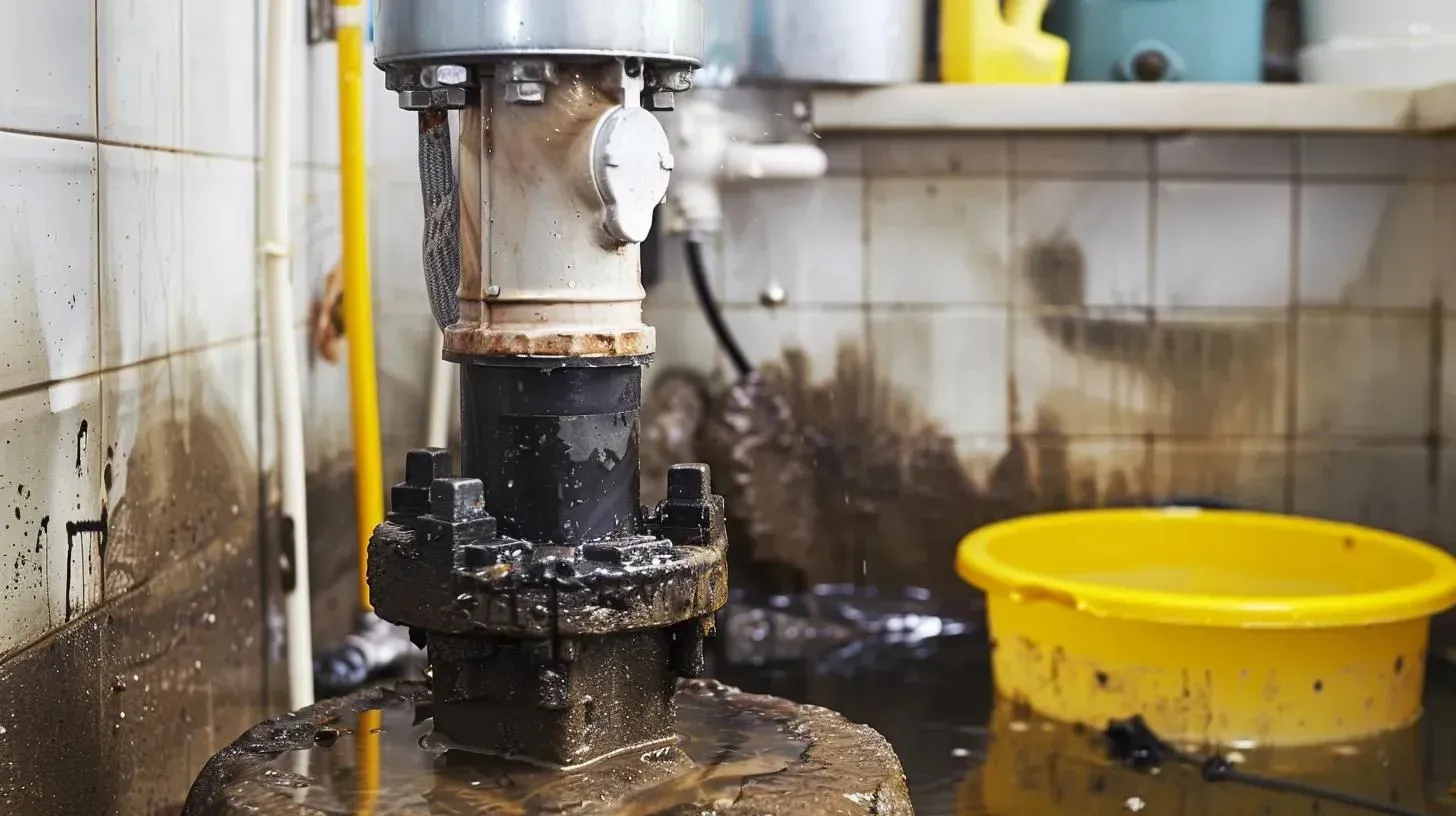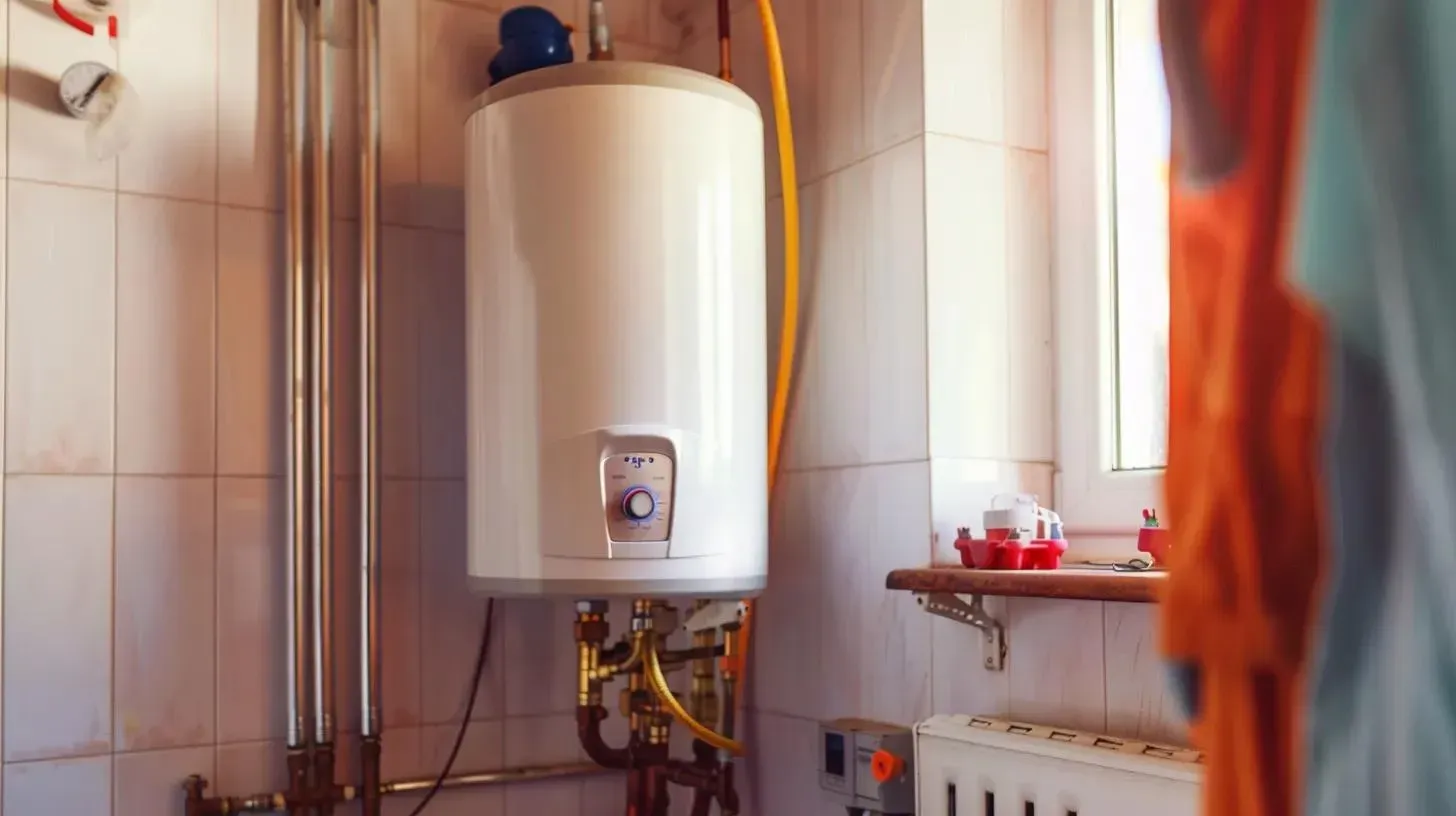Clog-Free Living: A Guide to Routine Drain Maintenance
Routine drain maintenance is crucial for keeping your plumbing system healthy and functioning efficiently. For quick tips on routine drain maintenance:
- Avoid pouring fats, oils, or grease down the drain: These substances can solidify and cause clogs.
- Use non-chemical methods to remove blockages: A plunger, drain snake, or a combination of baking soda and vinegar works effectively.
- Schedule annual professional cleaning: Even if no problems are apparent, professional cleaning keeps your drains clear and minimizes unexpected issues.
Routine attention to your drains helps prevent the hassle of slow-moving water and clogs. By staying proactive, you ensure that your plumbing operates smoothly year-round.
I’m Mike Martinez AHP, owner of Accountable Home Plumbing. With experience in routine drain maintenance, I've seen first-hand how regular care can prevent costly repairs and extend the life of your plumbing. Next, we'll discuss the tools essential for keeping your drains clog-free.
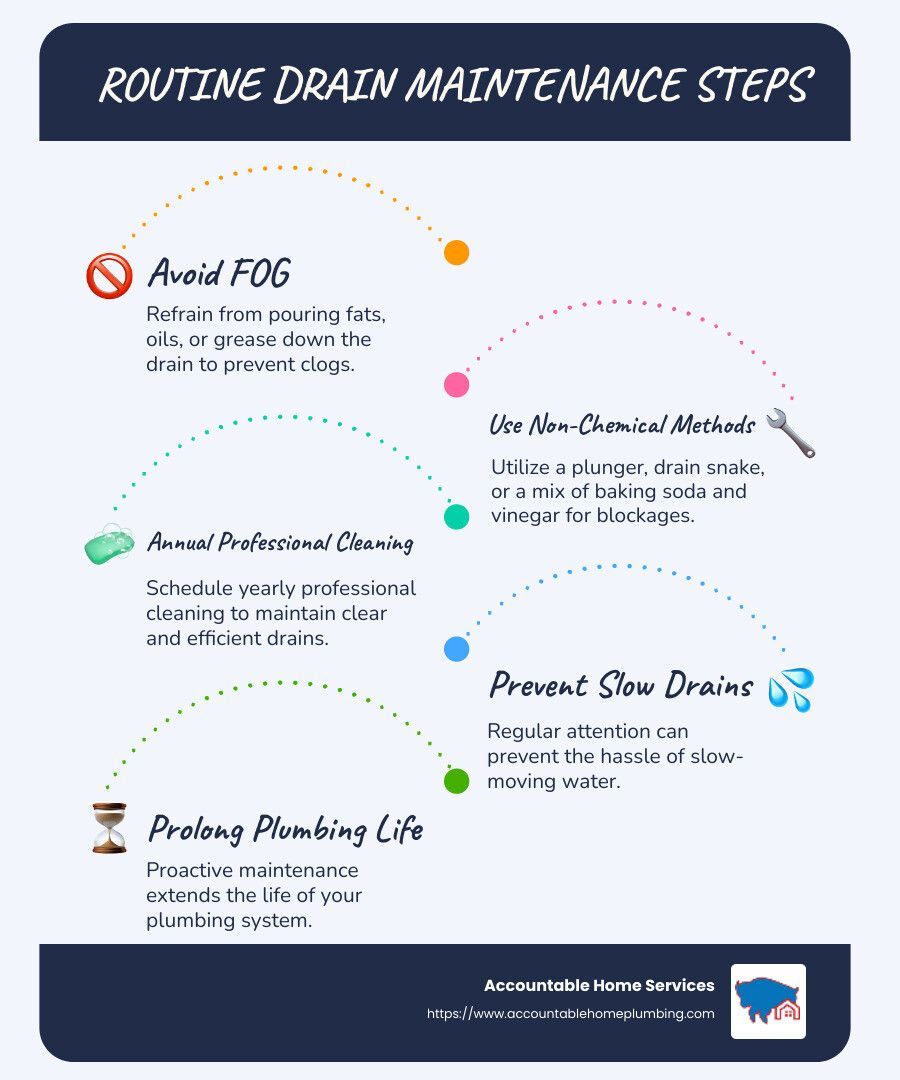
Essential Tools for Drain Maintenance
Maintaining clog-free drains doesn't require complex equipment. With just a few basic tools, you can make a significant impact. Let's delve into the essentials:
Auger
An auger is indispensable for tackling more persistent clogs. This flexible tool can reach deep into pipes to break up blockages, acting as a reliable ally when dealing with serious clogs. Using an auger can prevent costly repairs by clearing blockages that a plunger can't manage.
Snake
A drain snake, or plumber's snake, is ideal for accessing those hard-to-reach clogs. It's a slender, flexible tool that navigates through the twists and turns of your pipes. When a plunger falls short, the snake steps in to handle hair, grease, and other debris. It's like having a mini plumber in your toolkit!
Cup Plunger
The cup plunger is a classic tool for a reason. Perfect for sinks and tubs, it creates a vacuum to dislodge minor clogs. Unlike the flange plunger, which is best suited for toilets, the cup plunger is designed for flat surfaces. It's simple, effective, and a must-have for every home.
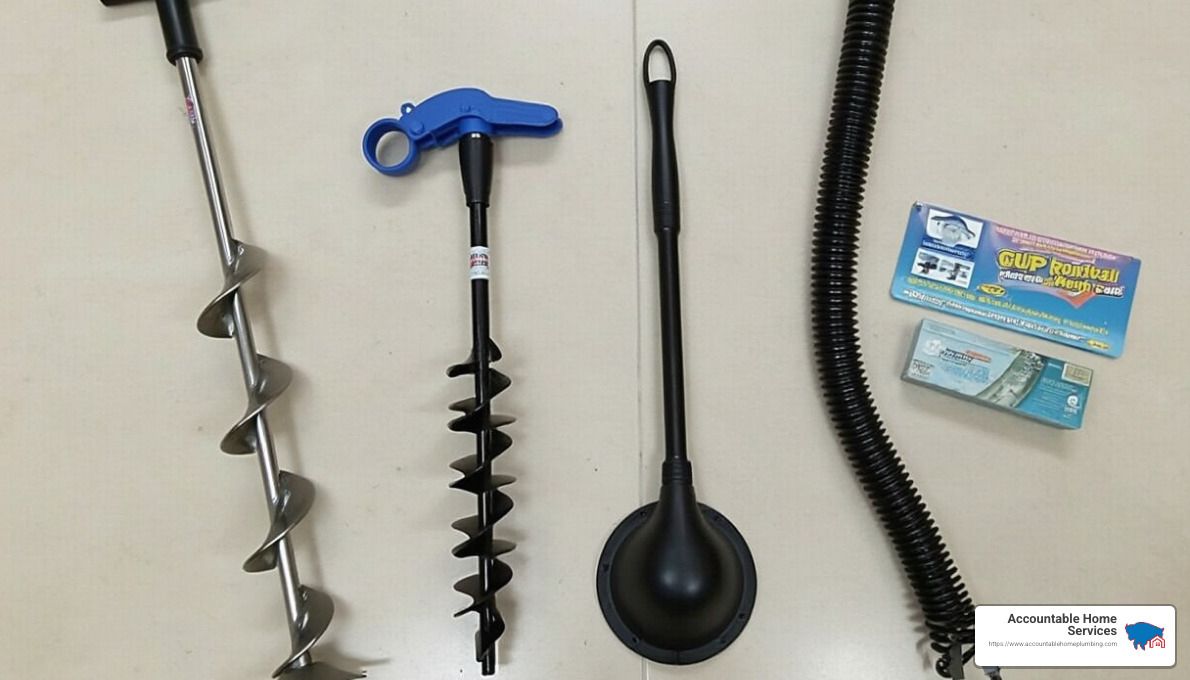
Having these tools on hand ensures you're always prepared to tackle clogs before they escalate into bigger issues. Up next, we'll explore best practices for routine drain maintenance to keep those pipes running smoothly.
Best Practices for Routine Drain Maintenance
Routine drain maintenance is not just about having the right tools; it's also about adopting effective habits. Let's explore some key practices that will keep your drains flowing smoothly.
Baking Soda and Vinegar
Using baking soda and vinegar is a natural way to clean your drains. This dynamic duo can help break down minor clogs and eliminate odors. Here's how to do it:
- Sprinkle about half a cup of baking soda down the drain.
- Pour half a cup of vinegar afterward.
- Wait for about 30 minutes as the mixture fizzes and works its magic.
- Flush with boiling water to clear any remaining debris.
Boiling Water
Regularly flushing your drains with boiling water is a simple yet effective way to prevent buildup. Once a week, boil a kettle and pour the hot water down your kitchen and bathroom drains. This helps dissolve and wash away fats, oils, and other residues that can lead to clogs.
Grease Disposal
Never pour grease down the drain. As it cools, it solidifies and sticks to the pipes, creating a clog-inducing paste. Instead, let the grease cool and dispose of it in the trash. You can also use a jar or can to collect used cooking oil and discard it once full.
Hair Removal
Hair is a common culprit in clogged shower and bathtub drains. Use a drain strainer to catch hair before it goes down the drain. Regularly clean the strainer and dispose of the hair in the trash. For any hair that does slip through, a simple wire hook can help fish it out.
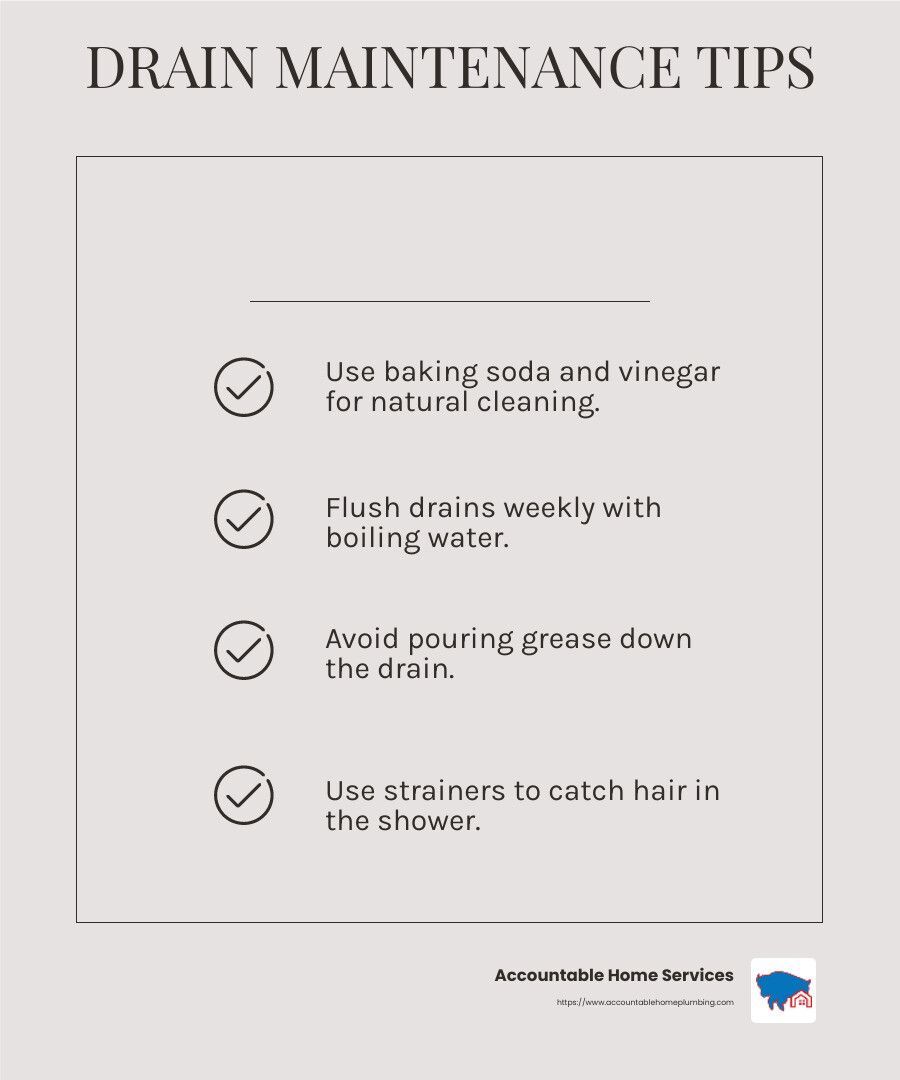
By incorporating these best practices into your routine, you can significantly reduce the chances of clogs and keep your plumbing system in top condition.
Next, we'll dive into natural and safe drain cleaning methods to ensure your pipes remain healthy without harsh chemicals.
Natural and Safe Drain Cleaning Methods
Keeping your drains clean doesn't mean you have to reach for harsh chemicals. In fact, natural and safe drain cleaning methods can be just as effective, and they are much kinder to your plumbing system.
Organic Drain Cleaner
Organic drain cleaners are a great alternative to chemical-based products. They often use natural enzymes or bacteria to break down organic material in your pipes. These cleaners are safe for the environment and won't damage your pipes. Simply follow the instructions on the package for best results.
Baking Soda and Vinegar
The classic combination of baking soda and vinegar is a powerful natural cleaner. This method not only helps clear minor clogs but also eliminates odors:
- Sprinkle about half a cup of baking soda into the drain.
- Add half a cup of vinegar and let it fizz.
- Wait for about 30 minutes.
- Flush with boiling water to wash away debris.
This simple method can be done monthly to maintain clear drains.
Boiling Water
Using boiling water is an easy and effective way to prevent buildup. Once a week, boil a pot of water and carefully pour it down your drains. This helps dissolve and flush away grease and soap scum before they can form clogs. Just be cautious with PVC pipes, as extremely hot water can soften them. For more information on how to safely use boiling water with different types of plumbing, visit Accountable Home Plumbing.
By using these natural methods, you can keep your drains clear and healthy without resorting to harsh chemicals. Next, we'll look at common drain maintenance mistakes to avoid ensuring long-lasting plumbing health.
Common Drain Maintenance Mistakes to Avoid
Maintaining your drains properly is crucial, but many people make common mistakes that can lead to bigger plumbing issues. Let's look at some of these pitfalls and how to avoid them.
Chemical Cleaners
One of the biggest mistakes is using chemical cleaners. While they promise quick results, these products can cause more harm than good. Chemicals eat away at your pipes, leading to corrosion and leaks. They also disrupt the natural bacterial processes in septic systems, causing septic problems. Instead, opt for natural solutions like baking soda and vinegar or organic drain cleaners to keep your plumbing safe and sound.
Improper Disposal
Another frequent mistake is improper disposal of waste. Pouring grease or oil down the sink might seem convenient, but it’s a surefire way to cause clogs. As grease cools, it solidifies and sticks to the pipes, gradually building up until it blocks water flow. Always dispose of grease in a container and throw it in the trash. Similarly, avoid flushing non-degradable items like wipes or sanitary products down the toilet, as they can cause serious blockages.
Neglecting Regular Maintenance
Lastly, many homeowners neglect regular maintenance, thinking drains will take care of themselves. This oversight can lead to slow drains and costly repairs. Make sure to implement a routine drain maintenance schedule. Use simple methods like pouring boiling water down drains weekly and using a plumber’s snake or auger to clear minor blockages. Regular maintenance keeps your drains flowing smoothly and prevents major issues.
By steering clear of these common mistakes, you can ensure your plumbing system remains efficient and trouble-free. Up next, we'll tackle some frequently asked questions about routine drain maintenance to help you keep your home’s plumbing in top shape.
Frequently Asked Questions about Routine Drain Maintenance
What is the best maintenance for drains?
Routine drain maintenance is key to keeping your plumbing healthy and avoiding costly repairs. The best approach combines simple, natural methods:
- Baking Soda and White Vinegar: This duo is a powerhouse for keeping drains clear. Pour half a cup of baking soda down the drain, followed by half a cup of white vinegar. Let it fizz for about 15 minutes, then flush it with boiling water. This helps break down buildup and keeps your pipes clean.
- Hot Water Flush: Pouring boiling water down your drains weekly can help dissolve grease and other debris. This simple step prevents clogs before they start.
How do you take care of a drain routine?
Taking care of your drains is easy with a few regular habits:
- Flush Drain: Regularly flush your drains with hot water or a baking soda and vinegar mixture. This keeps them clear and prevents buildup.
- Drainage Bag: Use a drainage bag or strainer in sinks and showers to catch hair, food particles, and other debris. This prevents large items from entering the pipes and causing blockages.
- Net Output: Monitor what goes down your drains. Avoid pouring grease, oil, or any non-biodegradable items that could cause clogs.
How do you routinely clean drains?
Keeping your drains clean is simple with these steps:
- Shower Drain Flush: For shower drains, remove hair and debris regularly. Use a bent wire or a specialized tool to fish out any obstructions.
- Dawn Dish Soap: For kitchen sinks, a little Dawn dish soap with hot water can help break down grease. Pour a few drops of soap down the drain, followed by hot water, to keep things flowing smoothly.
By incorporating these easy practices into your routine drain maintenance, you can keep your plumbing in top shape and avoid unexpected issues. Next, we'll conclude with some insights on professional cleaning and emergency plumbing services from Accountable Home Services.
Conclusion
Routine drain maintenance is essential for a healthy plumbing system. However, even with the best care, sometimes professional help is necessary. That's where we come in.
At Accountable Home Services, we specialize in professional cleaning and emergency plumbing services in the Denver Metro area. Whether you're dealing with a stubborn clog or need urgent repairs, our team is ready to assist you 24/7. We believe in upfront pricing with no hidden fees, ensuring you receive reliable and transparent service every time.
Our experienced plumbers use state-of-the-art equipment to tackle even the most complex plumbing issues. From routine maintenance to emergency interventions, we’re committed to keeping your home’s plumbing system in excellent condition.
If you're in Broomfield, Westminster, Thornton, Northglenn, Arvada, Boulder, Denver, or Longmont, let us help you maintain a clog-free home. For more information about our services or to schedule a visit, contact Accountable Home Services today.
By trusting us with your plumbing needs, you can ensure that your drains remain clear and your home safe from plumbing mishaps. Accept the peace of mind that comes with knowing your plumbing is in expert hands.

